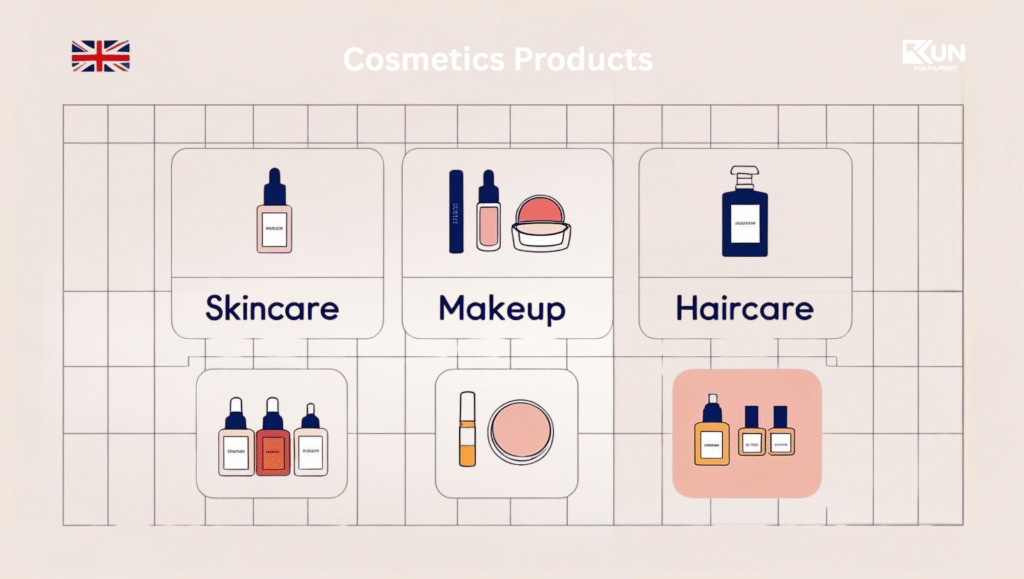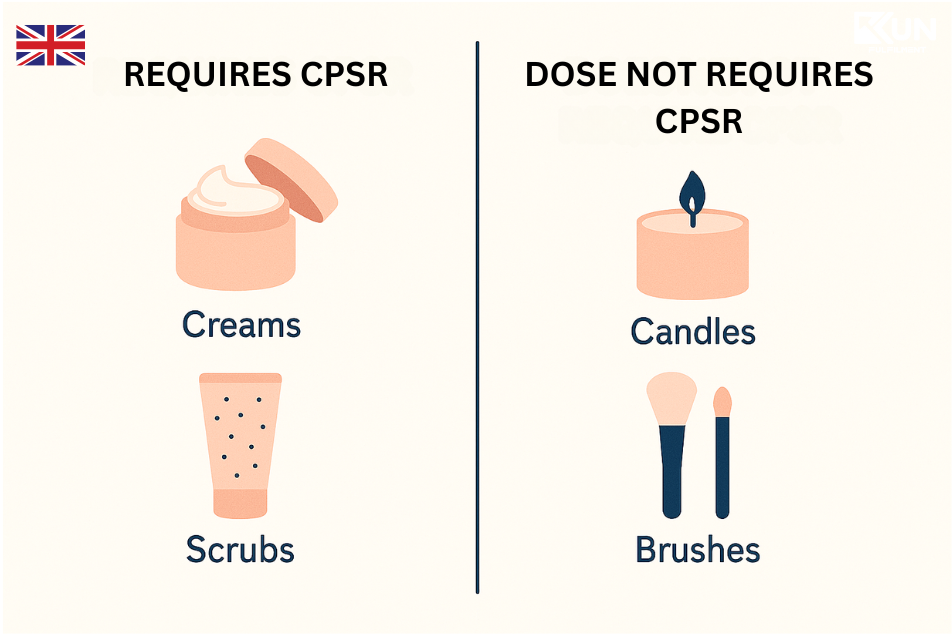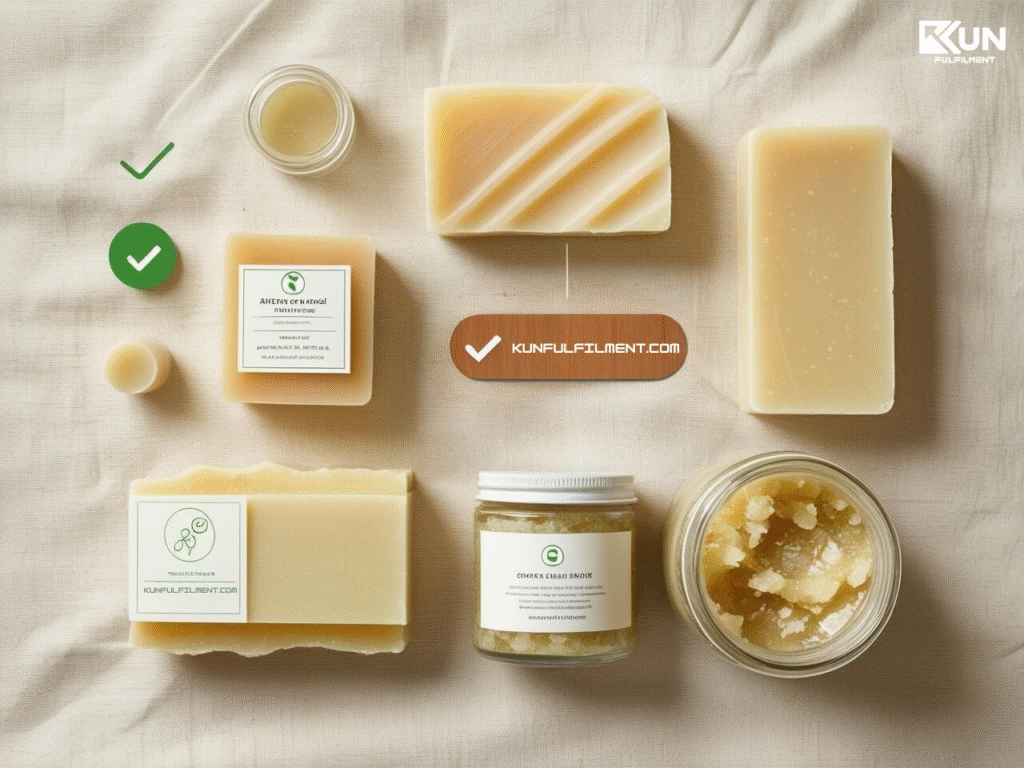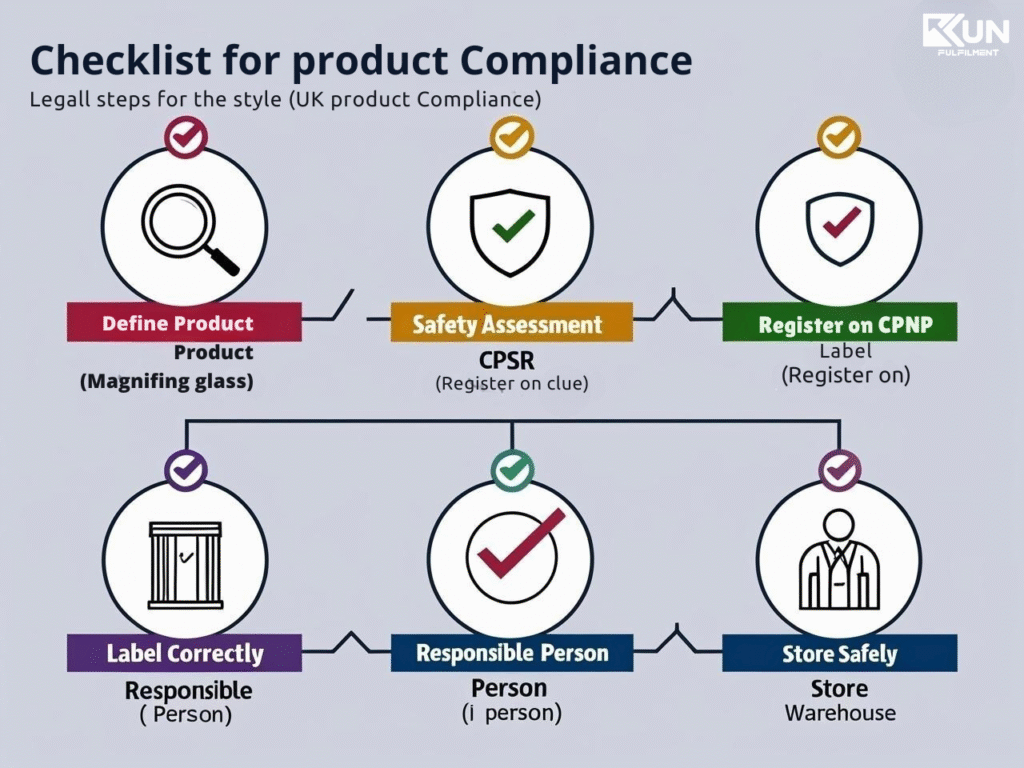Selling beauty products in the UK is a growing business opportunity, particularly for those interested in handmade items like soaps, lip balms, and skincare products. But one of the most frequently asked questions from new and aspiring sellers is: “Do I need a license to sell beauty products?”
The answer isn’t a simple yes or no. It depends on the type of product you’re selling, how it’s made, and where it’s being sold. In this guide, we’ll break it all down clearly and concisely so you can confidently start your beauty business while staying compliant with UK laws.
1. Defining “Cosmetic Product” Legally
Before diving into licensing, it’s important to understand what qualifies as a cosmetic product. According to UK legislation:

A cosmetic product is “any substance or mixture intended to be placed in contact with the external parts of the human body… with a view exclusively or mainly to cleaning them, perfuming them, changing their appearance, protecting them, keeping them in good condition or correcting body odours.”
This includes:
- Skincare products (e.g., moisturisers, serums)
- Makeup (e.g., foundation, mascara)
- Hair products (e.g., shampoos, conditioners)
- Lip balms and glosses
- Perfumes and body sprays
If your product fits this definition, you’re legally responsible for ensuring it meets UK cosmetic regulations.
2. Do I Need a License to Sell Beauty Products?
Technically, you do not need a business license in the traditional sense (like a food vendor or premises license), but you do need to comply with cosmetic regulations and safety laws.
This includes:
- Cosmetic Product Safety Report (CPSR)
- Notification on the UK Submit Cosmetic Product Notification (SCPN) portal
- Appointing a Responsible Person (RP)
- Proper labelling & packaging standards
So while there’s no “cosmetic selling license,” there are mandatory compliance steps.
To ensure your storage and logistics meet compliance, here’s how to improve your order fulfilment process
3. CPSR: Who Needs It and Who Doesn’t?
The Cosmetic Product Safety Report (CPSR) is a legal requirement for anyone selling cosmetic products in the UK. It confirms that your product is safe for use.

You need a CPSR if:
- You’re selling skincare, makeup, lip gloss, bath bombs, or hair products.
- Your product contains essential oils, fragrances, or active ingredients.
- You manufacture your own formulas, even if handmade.
You do NOT need a CPSR if:
- You’re selling non-cosmetic items (e.g., soap dishes, sponges, makeup brushes).
- You’re reselling pre-approved branded cosmetics (already tested and registered).
- You’re giving products away as gifts with no monetary exchange (but still advised to have CPSR for liability).
So if you’re asking, “What products do not need a CPSR?” the answer is: accessories, tools, and pre-approved third-party brands you haven’t modified.
Want to strengthen your compliance and grow faster? Read these 5 essential tips for eCommerce success.
4. Selling Handmade Products: Soap, Bath Bombs, Lip Balms, etc.
This is where the confusion usually peaks. If you’re making handmade beauty products, including lip gloss, natural soap, or face oils, you must treat these like any other commercial cosmetic.
Learn how beauty packaging and presentation shape consumer decisions here

Common questions:
- “Can you sell lip gloss without a license?” — No, not without a CPSR and proper registration.
- “Do I need a license to sell homemade beauty products?” — Yes, if they fall under the cosmetic product definition.
- “Can I sell homemade soap in the UK?” — Only if it complies with cosmetic safety laws and has a valid CPSR.
Whether you’re crafting soap in your kitchen or making bath salts at home, you must:
- Obtain a CPSR for each formulation
- Register the product on the SCPN portal
- Label the product with ingredients, weight, shelf life, and Responsible Person details
There are no exceptions for small-batch or home-based sellers.
5. Grey Areas and Loopholes
There are a few products and scenarios that blur the line:

- Aromatherapy oils: These may be classed as cosmetics if marketed for skin application.
- Candles and wax melts: Not regulated as cosmetics unless intended for skin use (like massage candles).
- Loose ingredients kits: Selling raw ingredients is allowed, but selling them as a “DIY beauty kit” might require compliance.
- Selling abroad: UK law applies if you’re based in the UK, even if selling overseas.
To sell such items effectively, choose the right platform from this detailed guide.
Avoid marketing claims that imply treatment of skin conditions (e.g., “eczema relief,” “heals acne”), as these would classify the product as a medicine, requiring MHRA approval.
6. UK vs EU vs US Rules: What’s Different?
After Brexit, the UK has its own regulatory body and portal separate from the EU. Here’s how it compares:
| Region | Regulatory Body | Portal | Responsible Person Required? |
|---|---|---|---|
| UK | OPSS (Office for Product Safety and Standards) | SCPN | Yes |
| EU | European Commission | CPNP | Yes |
| US | FDA (voluntary for cosmetics) | No central portal | No (but recommended) |
So if you’re planning to sell internationally, you may need separate compliance for each market.
7. Checklist: Steps to Sell Beauty Products Legally in the UK

- Define your product type: Is it a cosmetic?
- Develop your formula: Ensure it’s safe and stable.
- Get a CPSR: Work with a certified chemist or cosmetic assessor.
- Appoint a Responsible Person: This could be you or a third party.
- Notify the SCPN: Upload product and label details.
- Label correctly: Include INCI ingredients, weight, shelf life, etc.
- Use proper storage and hygiene practices: Especially for handmade products.
Final Thoughts
The beauty business is thriving, and many creative entrepreneurs are diving into handmade cosmetics, skincare, and soaps. But regulations aren’t optional. Whether you’re making lip gloss or bath bombs, you’re legally required to ensure your products are safe and properly registered.
To recap:
- Do I need a license to sell beauty products? — Not a license per se, but full regulatory compliance.
- Can you sell lip gloss without a license? — No, not without a CPSR.
- What products do not need a CPSR? — Tools/accessories, non-cosmetics, or already compliant brands.
- Can I sell homemade soap in the UK? — Yes, but only with CPSR and proper labelling.
Always do your due diligence, and consider working with professionals to get your formulations approved. Compliance not only protects your customers but also your brand’s long-term success.

